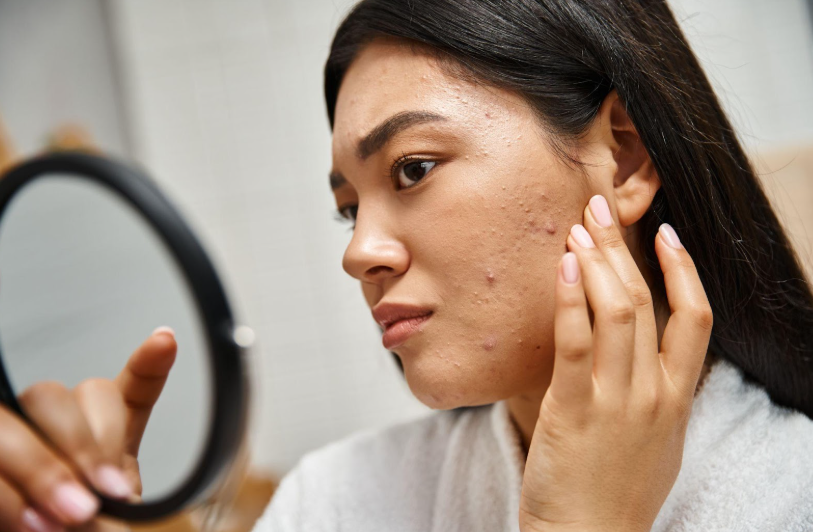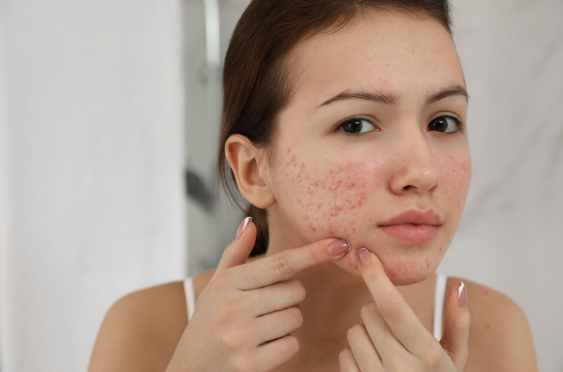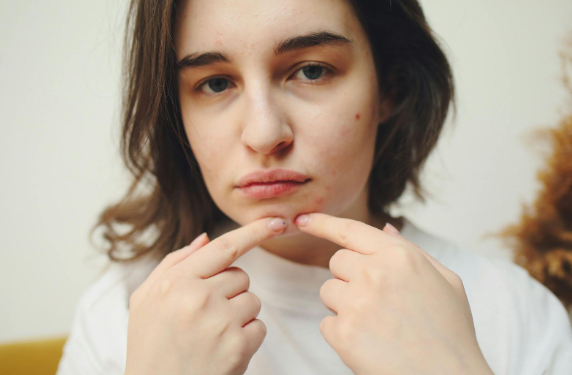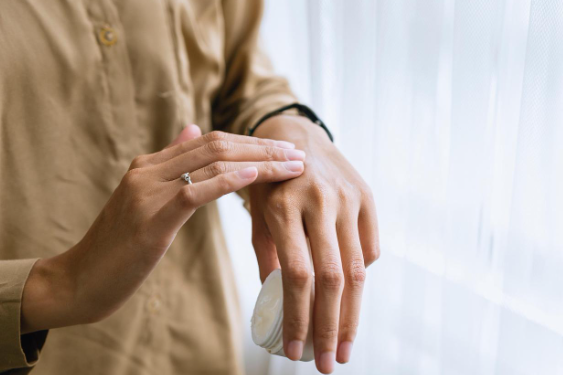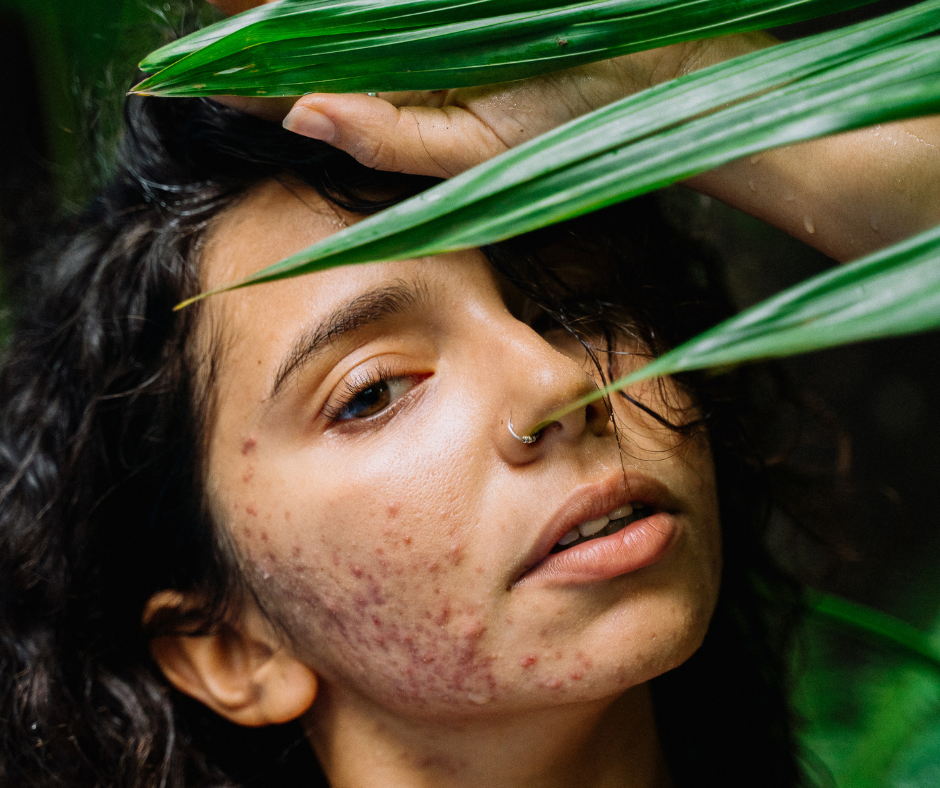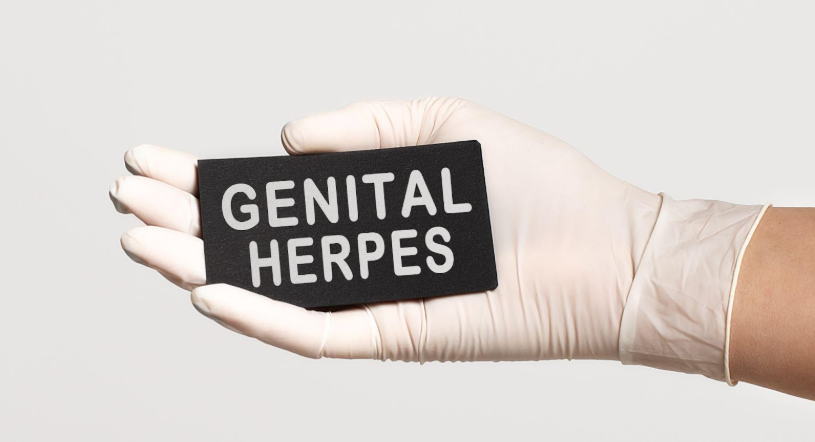How Cystic Acne is Different from Regular Acne
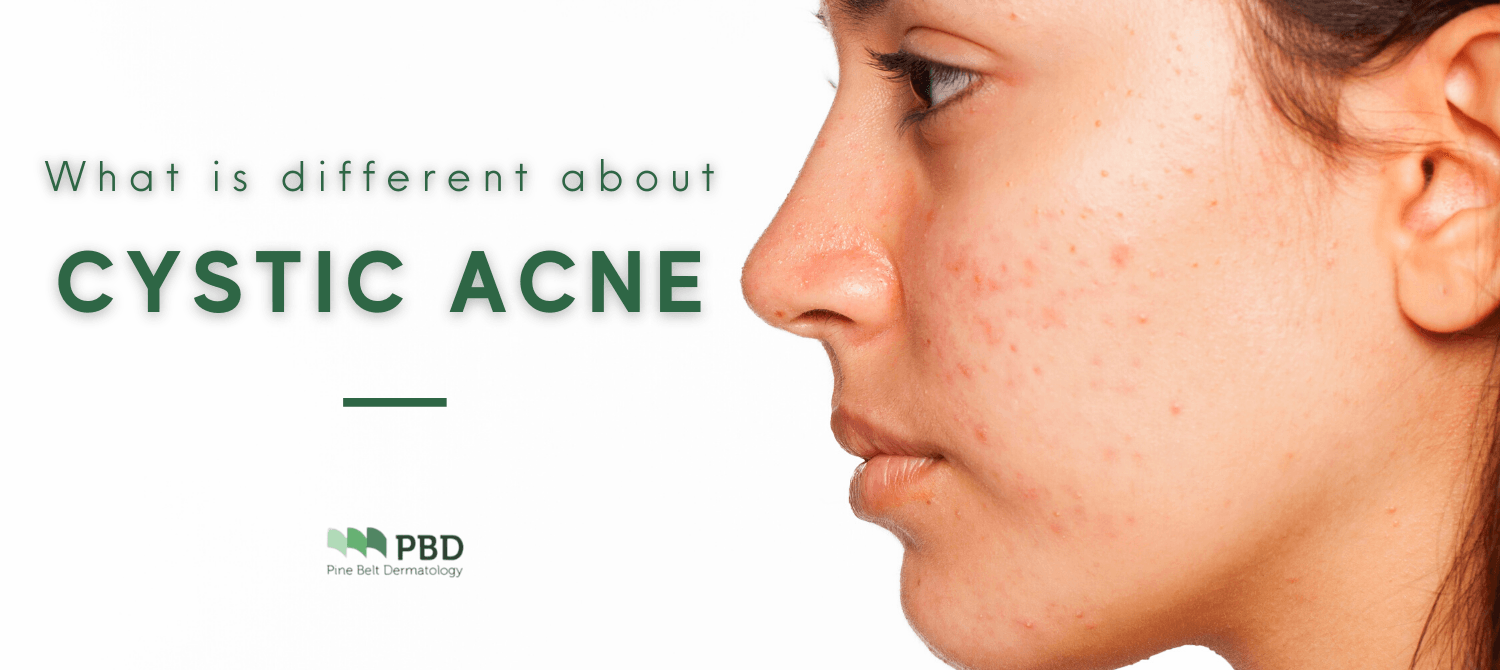
How Cystic Acne is Different from Regular Acne
Your skin has pores that help your skin to breath and regulate your temperature. At times, different substances can clog these pores. When they become clogged, acne tends to follow.
Acne affects around 50 million Americans every year. This skin condition can affect anyone and can severely hurt your confidence and self-esteem. It is often associated with hormonal changes such as pregnancy, menopause, certain medications, and using particular skin products. You might also get this condition if you wear tight clothing or live in a hot and humid climate.
Acne can affect the face, upper arms, and upper trunk. If you have been living with acne that is affecting your quality of life, it is time to seek treatment. You will likely take the right steps to clear your skin if you can identify the type of acne that is affecting you. There are several different types of acne, with cystic acne and white heads being the most common.
Not sure which kind you may have? Here is the way to tell the difference between regular zits, and pesky cysts.
Cystic Acne and Regular Acne Have Different Causes
Regular acne occurs when the pores on the skin are clogged. Clogging is often associated with the overproduction of sebum by sebaceous glands. Hormonal changes, stress, genetics, or changes in your diet are likely to cause the overproduction of this oil. This oil, together with dead skin cells, mix and get stuck in the pores. If you do not fully remove these cells and oil from your pores, they end up causing regular acne.
On the other hand, cystic acne occurs when regular pimples erupt on the inside of the skin. The erupted pimples form cysts under the skin. As a result, your skin's surface will have hard nodules.
These Two Types of Acne Have Different Characteristics
Regular acne is characterized by small pimples, blackheads, papules, and whiteheads that appear on top of the skin. These skin blemishes are not normally painful, and they disappear in a matter of a few days. If not treated however, they may reappear a few days later.
Cystic acne is characterized by sebaceous cysts that lie under the skin. These cysts are larger than normal papules and pimples, and they are sometimes painful. If not treated, these cysts can remain in the same area for months.
Regular Pimples Have Whiteheads While Sebaceous Cysts Lack Whiteheads
Regular pimples form a whitehead that is attached to the skin surface. On the flip side, sebaceous cysts do not have a whitehead. Therefore, if you try to pop a sebaceous cyst, the substances in the cysts will not come out. Instead, the bacteria inside the cyst will go deeper into your skin.
These Two Types of Acne Are Treated Differently
Dermatologists treat regular acne using practices that unclog your pores. For instance, a dermatologist may tell you to use cleansers, creams, or topical toners on your face when experiencing this type of acne. These products contain salicylic acid, a compound that exfoliates the skin, removing excess oil and dead skin cells from skin pores.
If a bacterial infection causes your regular acne, your dermatologist will advise you to buy a retinoid. The dermatologist might also advise you to buy products with benzoyl peroxide. These products might be topical or oral and will reduce inflammation on your skin. They will also kill the bacteria that is causing your skin troubles.
Cystic acne, on the other hand, is treated using oral antibiotics such as tetracycline. This medication will fight the infections under your skin, reducing the symptoms of this acne. If this medication fails to work, your dermatologist will use Isotretinoin to treat it. This drug is a good medication for cystic acne, but it has side effects. To prevent these side effects, your dermatologist will regularly check in with you. In case of any negative side effects, the dermatologist will meet with you to determine if treatment should be stopped.
If you are a female and all the above drugs fail to work, your doctor may recommend you take anti-androgen medications. These medications will help you if your cystic acne is a result of hormonal imbalance. They will regulate the production of androgen hormone and block the effects of this hormone on sebaceous glands. As a result, your cystic acne will disappear. Your doctor might also use birth control pills to treat your cystic acne.
If all the above treatments do not achieve clear skin, your doctor may opt to drain the cysts through excision. After draining it, they will inject a steroid into the area. The steroid will eliminate the infection in the cysts and make the cysts less painful. You will need to apply antibiotic ointment to the treated area to prevent the formation of scars. Other treatment methods that your doctor might use include laser treatments, chemical peels, and photodynamic therapy.
Acne affects many people, and options are available. If you are dealing with recurring acne that is affecting your quality of life or self-esteem, visit us at Pine Belt Dermatology & Skin Cancer Center to find the right treatment options for you.
